RELAXATION & SWEDISH MASSAGE
Stimulating The Body's Parasympathetic Nervous System
Relaxation massage, also known as Swedish massage, is the foundation of every Western-style massage modality. It is what most people think of when they think of massage.
- Aspects of Swedish massage are used in almost every massage treatment as it is a great way to warm up the muscle tissue and cover broad areas. It improves circulation, helps relax the client, and relieves general tension.
- Using hands, forearms, and fists, your therapist will address the identified areas of tension; most often, the limbs, torso, hips, hands, feet, head and neck. Swedish strokes are long and flowing movements.
- In comparison to a therapeutic massage, a relaxation treatment puts less of an emphasis on working out serious adhesions or “knots” in the muscle tissue, and works toward stimulating the body’s parasympathetic nervous system, also known as the “rest and digest system”. This can positively impact our health in a variety of ways.
Summary of the Benefits of Relaxation Treatments:
Relaxation massage is a good choice for someone who is getting a massage for the first time. Other reasons to try relaxation massage therapy are…
- Increased circulation (nourishes your cells with oxygen and nutrients)
- Decreased blood pressure and heart rate
- Increased energy levels
- Relief from general muscle tension
- Reduction of mental and physical fatigue and tension
- Promotion of restful sleep
- Promotion of proper breathing techniques (deep vs. shallow)
- Provides a feeling of relaxation and overall well-being
- Stimulates the lymphatic system (carries away waste products)
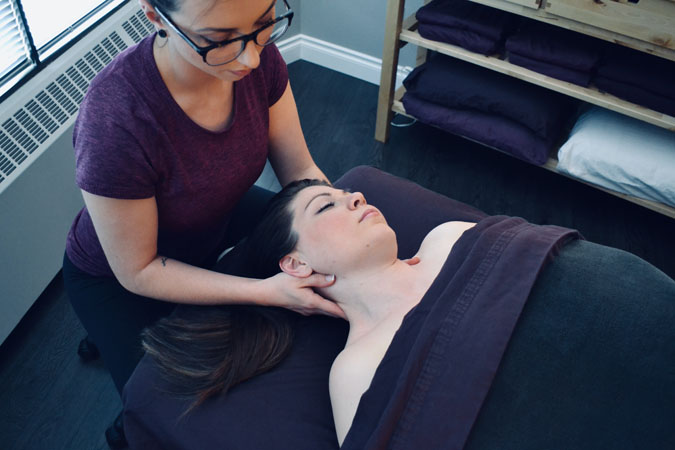
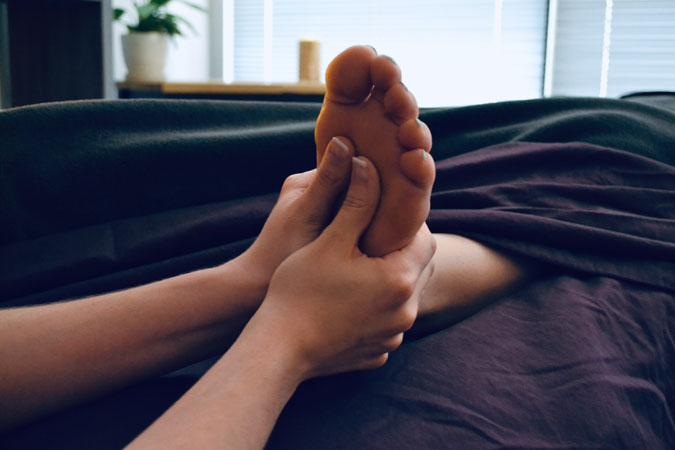
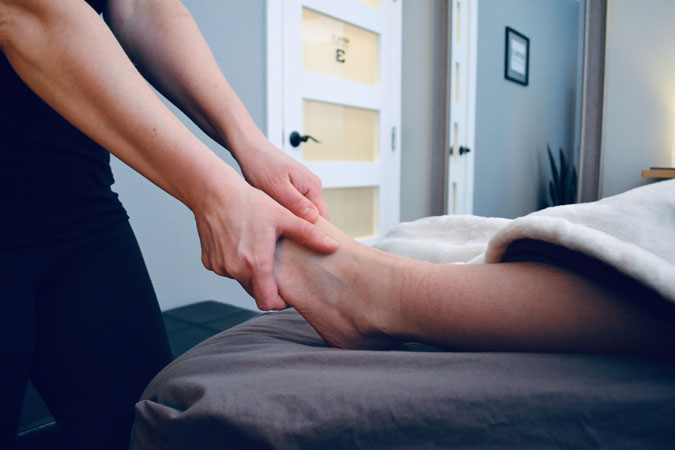

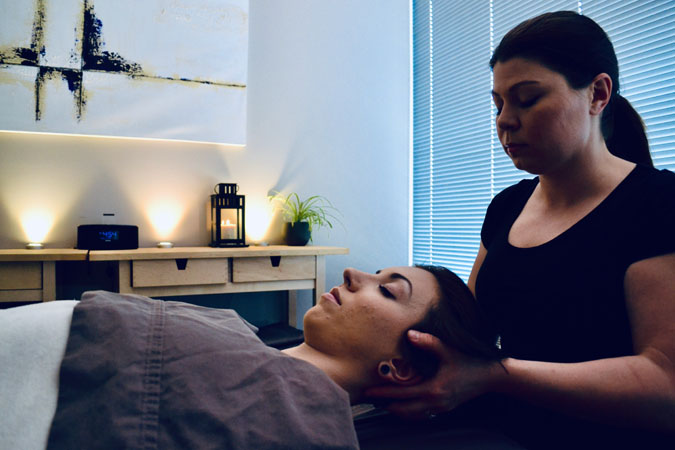
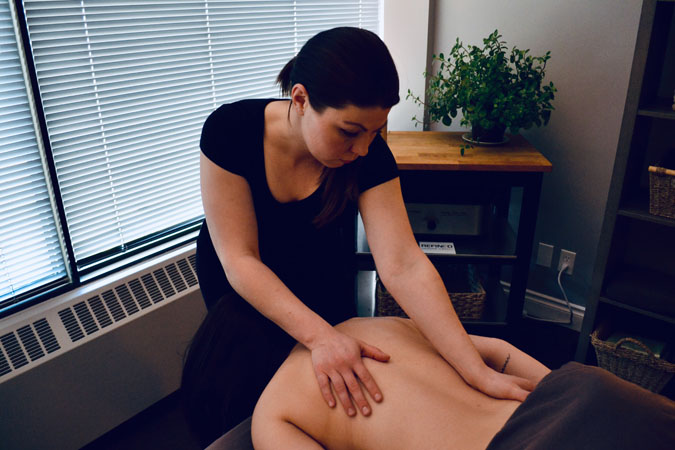
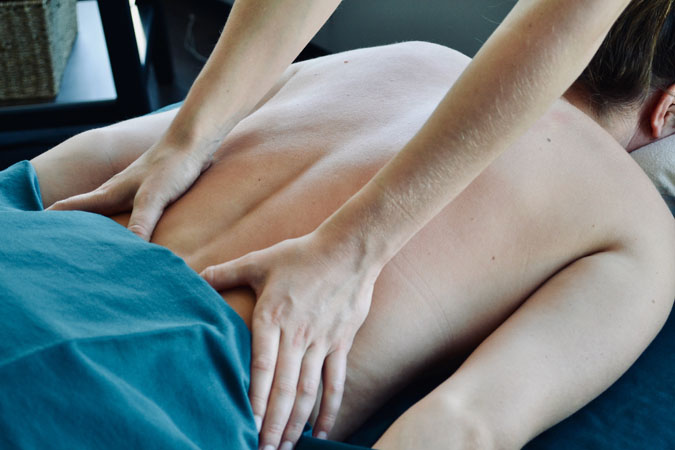
PRACTITIONER RECOMMENDATIONS
To see the true benefits of relaxation massage, it is important to book appointments every two to four weeks.
Rather than reacting to pain or stress, be proactive and book regular relaxation massage treatments to keep your body and mind in tip-top shape.
Ideally, massage therapy should be a substantial component of one’s lifestyle, acting as an important preventative measure against injury, tension, and mental stresses such as depression and anxiety.
